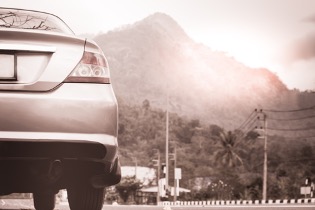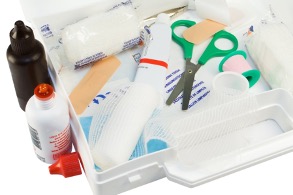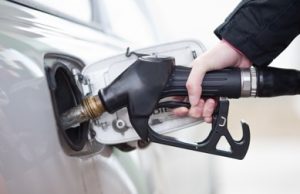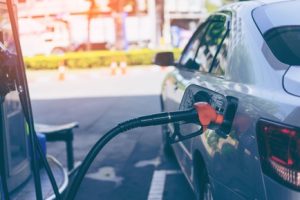
Thanks to the creativity of automobile engineers, we have all kinds of cool technology built into our cars. Did you know that your car is 1000 times more advanced than NASA’s Lunar Landing Module that went to the moon in 1969? That means you drive a spaceship! And just like the command center of a spaceship, a ton of information is available to you at any time, right on your dash.
One such feature, first introduced in high-end luxury sedans back in the 90s, is known as an electronic brake pad wear sensor. The simplest form of this sensor is a loop of wire embedded into each brake pad and connected to the vehicle’s computer system. This wire is designed to break when its pad wears down and needs replacement. This, in turn, causes the car’s brake dash light – like the ones pictured above – to illuminate.
Thanks to the speed of innovation, more and more vehicles now come with this feature. So, when you see your brake dash light turn on, call The Brake Squad. Our technicians can come to your location in Arlington, Fairfax, Vienna, Herndon, Burke, or any other Northern Virginia locale and perform a professional brake pad replacement on the spot! We’ll even provide new pad wear sensors. Reach us today at (703) 994-2773.








